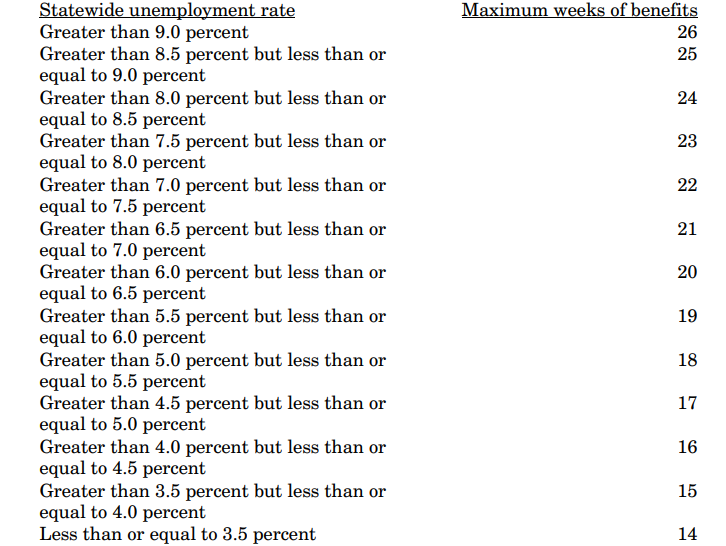Worker Justice Wisconsin was among thirty-four groups that sent a letter to Governor Evers, urging him to veto bills coming to his desk that impede access to Medicaid, Food Share and unemployment benefits. The letter, and its signatories, excerpts from which are quoted in the bills’ descriptions, is available below.
AB 934
- Changes eligibility for public assistance, specifically medical assistance
- Prohibits Department of Health Services from auto-renewing individuals receiving assistance.
- Forbids DHS from using old or pre-populated forms to assist applicants with the process
“Assembly Bill 934 would significantly reduce participation in BadgerCare by creating costly and unnecessary red tape and hoops that people will have to jump through to renew their coverage. It would require some adults covered by BadgerCare to submit twice as much paperwork in order to renew their coverage, punish them for not reporting changes in circumstances fast enough, and forbid the state from using automatic renewals, one of the best tools it has to make sure people have uninterrupted health insurance coverage. All of these complexities will lead to higher administrative burden, which the Office of Management and Budget in a recent report noted exacerbates existing health inequities.”
AB 935
- Enforce work requirements on “able-bodied” adults
- Drug testing and screening to maximum extent under federal law
- May not waive any requirements without submitting request to joint committee on DHS within 14 days after date of submittal
“AB 935 would restrict access to nutrition assistance by requiring the Department of Health Services to restore the Able-Bodied Adults Without Dependents work requirements, which DHS suspended until September 30. Rather than waiting until the pandemic has receded further, the bill would immediately restore a three-month Food Share time limit for childless adults working fewer than 80 hours per month. While we know that for those who can work, a good paying job with enough hours is the best path to ending hunger, FoodShare is not a jobs program. It is a nutrition program that supports people, providing them with a voucher for food to supplement their income to meet basic adequate nutrition. Mandating work requirements, especially as we are still recovering from the pandemic, does not address the real challenges that many of our neighbors face when trying to engage with the labor and training market, such as access
to affordable, quality childcare and transportation.”
AB 936
- Defines conditions for nonacceptance of employment to remain eligible for Medical Assistance
- Makes eligibility more exclusive
- Disenrollment first day of the month when federal assistance related to Families First Covid Response ends
“AB 936 would disqualify some adults from their BadgerCare coverage for six months if they turn down any offer for a full-time job, increase in hours, or wage increase – regardless of whether the job offers health insurance that the worker can afford or has hours they can make work. In fact, the bill puts no restrictions on the type of job, level of compensation, or benefits that someone would be forced to accept or else risk losing their BadgerCare eligibility. The bill exempts custodial parents, but many adults who have a caretaking role for children could be impacted. We are also concerned about the impact on people with disabilities and older adults. While the bill was amended to include an exception for caregivers of adults with disabilities and older adults, those exceptions are far too narrow. It could have very negative consequences for family caregivers who are unable to accept additional work hours or promotions due to their caregiving responsibilities.”
AB 937
- Changes for how long an individual is eligible for unemployment insurance benefits from a fixed 26 weeks to a variable amount based on statewide average
- Average calculated from previous period, so is not relevant to period during which claimant is seeking UI benefits
“AB 937, would sharply reduce the maximum number of weeks of unemployment benefits that laid-off workers can receive. If the very restrictive criteria in that bill had been in place for the past 38 years, the usual ceiling of 26 weeks would have only been in place 3.3 percent of that time. A report by the National Employment Law Project explains that slashing the length of UI benefits disproportionately hurts people of color. The bill is seriously flawed in many respects, including the fact that the number of weeks of potential benefits is not based on the current unemployment rate; it’s determined by the average rate up to nine months earlier. If that policy had been in place in 2020, Wisconsinites who lost their jobs during the peak of the pandemic when the unemployment rate was 15% would have only been eligible for 14 weeks of state unemployment payments.”


